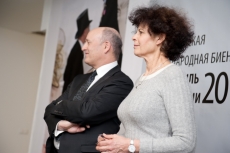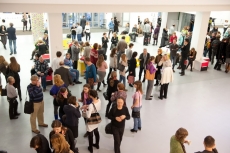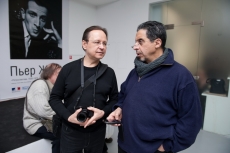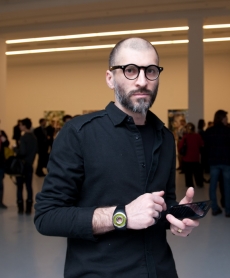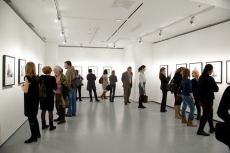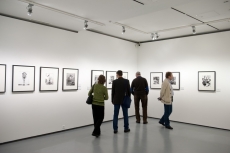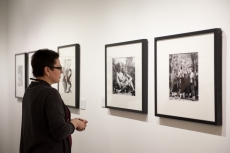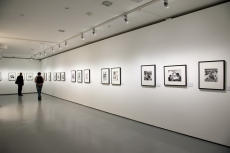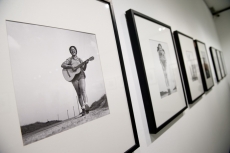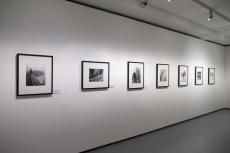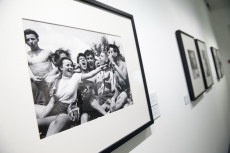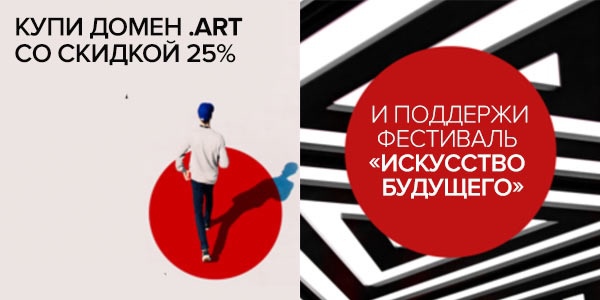Retrospective. 1930–1970. Dina Vierny and Other Stories
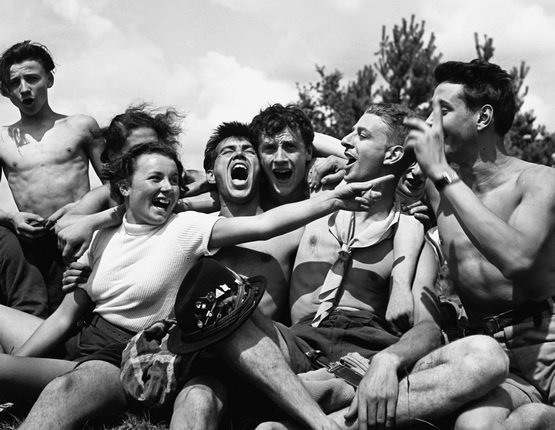
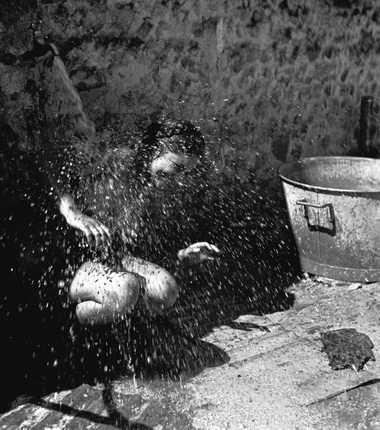
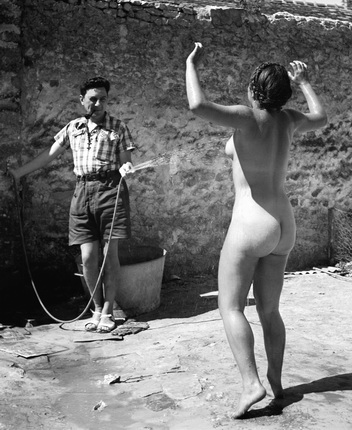
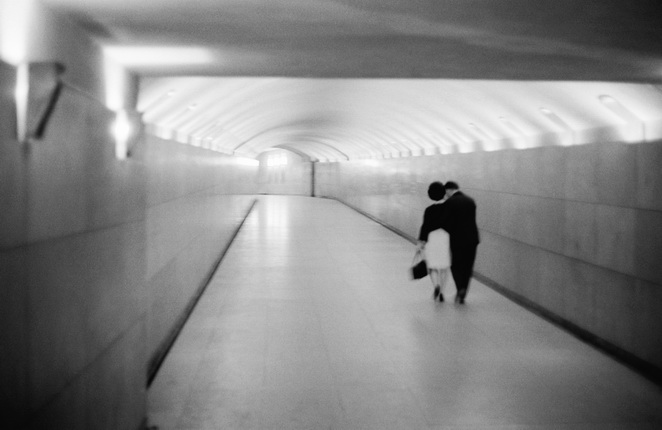
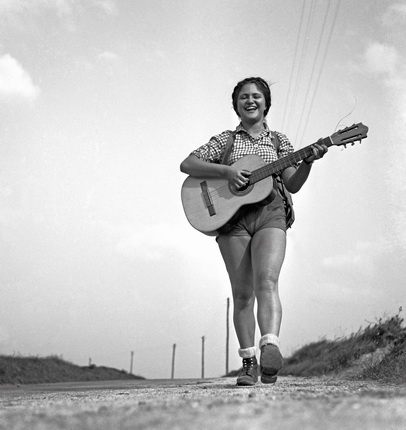
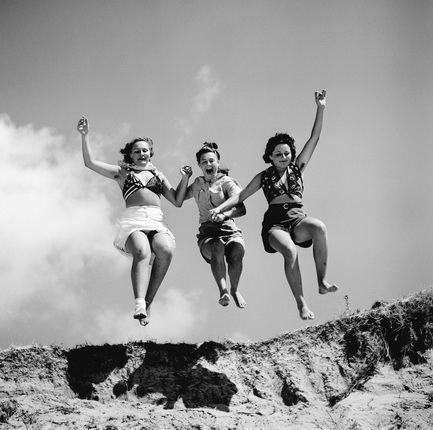
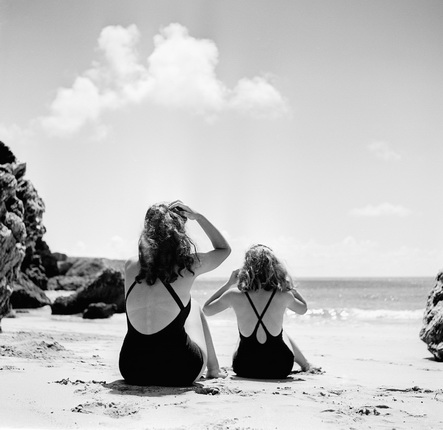
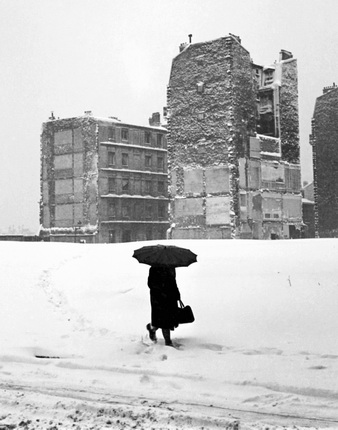
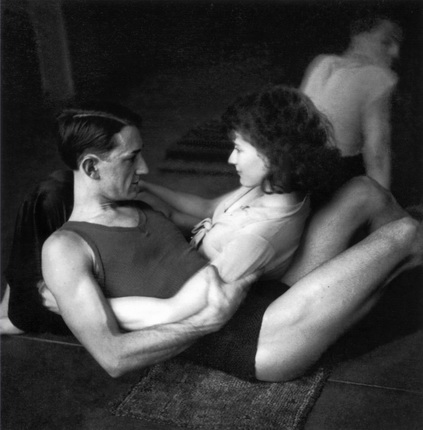
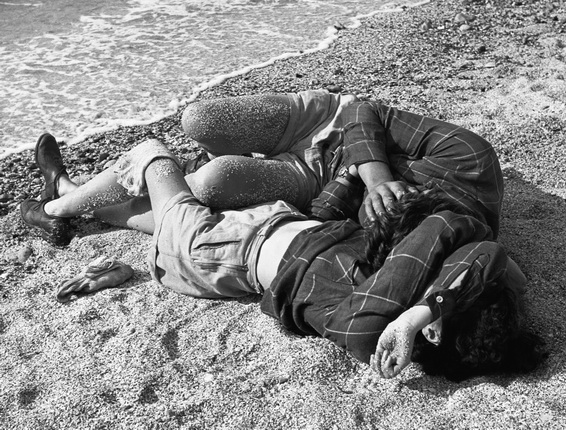
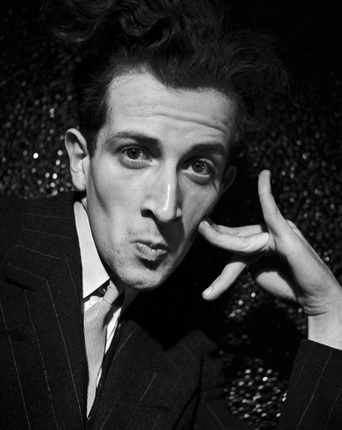
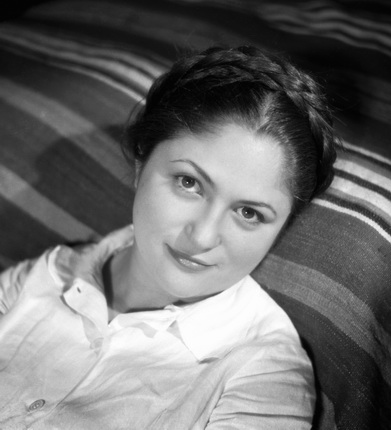
Pierre Jamet. Chahut à l'auberge de jeunesse. Villeneuve-sur-Auvers (France), 1937. © Collection Corinne Jamet
Pierre Jamet. Rafraîchissement. Dina sous le robinet de l'auberge de jeunesse de Villeneuve-sur-Auvers (France), 1937. © Collection Corinne Jamet
Pierre Jamet. Dina nue arrosée. Auberge de jeunesse de Villeneuve-sur-Auvers (France), 1937. © Collection Corinne Jamet
Pierre Jamet. Les amoureux du tunnel sous l'Etoile. Paris, 1967. © Collection Corinne Jamet
Pierre Jamet. Dina jouant de la guitare, 1937. © Collection Corinne Jamet
Pierre Jamet. Le grand saut ! Belle-Île-en-mer, 1937. © Collection Corinne Jamet
Pierre Jamet. Le bain de soleil. Belle-Île-en-mer, 1937. © Collection Corinne Jamet
Pierre Jamet. La femme au parapluie. Paris, 1945. © Collection Corinne Jamet
Pierre Jamet. Lisa et Fernand Fonssagrives. Ballets Weidt. Paris, 1934. © Collection Corinne Jamet
Pierre Jamet. Amoureux sur la plage de Trouville (France), 1954. © Collection Corinne Jamet
Pierre Jamet. Pierre Arnaud de Chassis Poulay avec chapeau, 1947. © Collection Corinne Jamet
Pierre Jamet. Portrait de Dina, 1938. © Collection Corinne Jamet
Moscow, 22.03.2013—21.04.2013
exhibition is over
Share with friends
Curators: Corinne Jamet, Olga Sviblova
The Fashion and Style in Photography photo biennale discovers a new name with this exhibition: Pierre Jamet, the French photographer, active in the course of the 20th century. A unique archive of his works, comprising about 100 photos created from 1930 to 1970, will be displayed at the Multimedia Art Museum, Moscow.
For the press
Pierre Jamet was born in France in 1910. In childhood, he pursued singing and photography. During the 1930s, he worked as a model, an extra, a dancer, and even a radio operator of a commercial ship. Since 1935 Jamet takes up photography as his profession, specializing in children portraits and sometimes making photo reports. He contributes to the Regard Magazine, in particular, where Robert Capa, Henri Cartier-Bresson and Chim (David Seymour) were published at the period.
In mid 1930s Jamet sings at the choir of the Revolutionary Writers and Artists Association. This brought him closer to many interesting people, including the October theater team and Jacques Prévert, its leader, and the young Dina Aibinder who will be famous later under the name of her first spouse, Vierny. A part of the photographs presented at the exhibition tell a story of many years long friendship of Vierny and Jamet, who had a lot in common.
In 1937, Pierre and Dina, as many young people of the time, began visiting youth hostels and were involved in various movements emerging in this milieu. Youth hostels formed a social phenomenon in France then: they emerged in the early 1930s, and their spread is associated with the era of the Popular Front, the introduction of paid leaves, and Léo Lagrange, the French Under Secretary of State for Sports and for the Organization of Leisure then. Hostels made it possible for working young people to go on vacation for a relatively small sum, and to travel all over the country, making friends and communicating, staying outdoors in beautiful locations. An important characteristic of such organizations was that they were mixed gender, that is, girls and boys were active in them simultaneously.
During the same 1937 Pierre Jamet founded a song and dance Group of Eighteen-Year-Olds. All the 20 members of the team, including Dina and her future spouse, Sasha Vierny, were activists of the «hostel» movement. The Group of Eighteen-Year-Olds toured a lot and was quite popular among the young people before the start of WWII.
From 1936 to 1939 Pierre Jamet went everywhere with his Rolleiflex camera. Snapshots of that period show happy faces of young people. Today these photographs are one of the main documents associated with the history of youth hostels. Photos of Dina Vierny have a special place among them.
In Olga Sviblova’s film about the famous French woman Vierny says: «I am passionately interested in the process of creation. We should not forget that the history of art is the history of human self-expression. We should remember that the human being who will create forever is of greatest interest.» Photographs presented at the exhibition provide the best possible picture of Dina’s nature, revealing her vitality, energy and charm, and help us understand why this girl inspired Aristide Maillol, Henri Matisse, Bonnard, and other great artists of the 20th century.
The 1943 brings dramatic change in the life of Jamet: he gives up professional photography and decides to devote himself to singing. Jamet will spend the next 25 years touring France and other countries of the world with the Four Bearded Men (Les Quatre Barbus) quartet. As a matter of fact, music did not force photography out of Jamet’s life, it keeps giving him numerous subjects for his photos among his new acquaintances and trips. During all these years, Pierre is able to keep the balance between his two occupations, while one brings him money and satisfaction, the other gives nothing but satisfaction.
In 1960s and 1970s Pierre Jamet spends more and more time on Belle-Ile-en-Mer, where he had a house of his own since 1945. This is his own description of his attitude towards this place: «I seem to be chained to this rock. I am in love with this island. It is a homeland for my family and myself.»
Pierre Jamet passed away on his favorite island in 2000, leaving a rich photographic heritage, which can be regarded, besides other things, as a chronicle of the 20th century social progress. Jamet photographed the French leaving for their first paid vacations, shot the liberation of Paris and the gold post-war period; he pursued landscape, portrait and reporter photography, worked on orders and for himself, but all his works, no matter what genre they are in, have several common traits: profound humanity and vitality, harmony and poetry.


